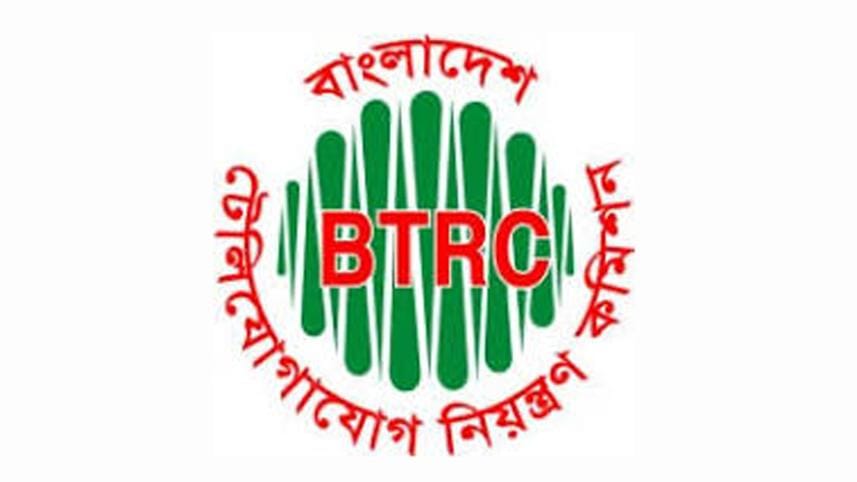BTRC dismantles IGW cartel

The telecom regulator has revoked a cartel that controlled the international incoming call market in Bangladesh since 2015.
The seven-member cartel, known as the IGW Operators Forum (IOF), oversaw much of international gateway (IGW) operations and was allowed to take significantly higher revenue than other general IGW operators.
The IOF was initially formed in 2015 to maintain order among operators in the international call exchange market, reduce unhealthy competition over call termination rates, ensure revenue for both the government and operators and prevent illegal international call exchanges.
The seven members of the cartel, a few of whom are affiliated with the past Awami League regime, are Unique Infoway, Digicon Telecommunication, Mirtel, Bangla Trac Communications, NovoTel, Roots Communication and Global Voice Telecom.
However, the cartel failed to achieve its core objectives, according to documents from the Bangladesh Telecommunication Regulatory Commission.
The implementation of the IOF has led to significant inefficiencies in the telecom sector, said Abu Nazam M Tanveer Hossain, a telecom policy expert.
By creating a cartel of seven dominant IGW operators, the IOF structure marginalised competition, undermined the original International Long-Distance Telecommunications Services (ILDTS) policy and inflated intermediary costs without adding value.
Instead of promoting healthy competition, the policy favoured select operators, resulting in higher costs for terminating operators and a loss of potential revenue for the state, Hossain added.
Originally, international calls were terminated by mobile operators. However, in 2008, the government introduced an additional layer in an effort to curb the VoIP business.
As per the ILDTS policy, a specific network topology was established, setting a three-year framework for international voice call services such as IGWs.
Initially, IGWs brought calls through international telecom operators before routing them to mobile or landline users through another set of operators known as ICXs.
In 2014, the cartel proposed an experimental system called the IGW Operator Switch, which placed control of the common network switch for interconnection and call termination in their hands.
That year, the BTRC approved the experimental network topology without amending the ILDTS policy, in clear violation of regulations.
The government subsequently approved it a year later, paving the way for members of the cartel to benefit from higher revenue and dominate the market.
Although the directive was issued on an experimental basis in 2015, it continued for years.
The revocation comes as part of the reforms the BTRC has undertaken since Md Emdad Ul Bari was appointed the chairman in September last year.
The IOF unilaterally amended the commission-approved agreement without authorisation, violating BTRC directives.
There was also a lack of transparency in the expenditure of funds collected under the name of Market Development Expenses (MDS).
As part of its agreement, the IOF has collected a total of Tk 631 crore as Market Development Expenses (MDS) from all IGW operators.
More than 95 percent of this amount has been received and spent non-transparently under a single account: Beximco Computers.
Due to the lack of transparency in handling such a large sum through a single entity, the BTRC decided to refer the matter to the Anti-Corruption Commission for further review and investigation.
The Daily Star made multiple attempts to reach Beximco Computers, a sister concern of Salman F Rahman's Beximco Group. However, the contact number listed on the website remained unreachable.
Considering these issues, the commission has revoked the approval of the operational agreement between the IOF and IGW operators for call exchanges under the government-approved network topology.
The existing IOF-related guidelines issued by the commission will be repealed, and a revised directive will be issued, requiring all IGW operators to operate as IGW (IOS), establish inter-operator connections and implement overall management of call exchanges, including technical, financial and monitoring aspects.
The following measures will be implemented for new international call operations: designation of a common point, collection of liquid bank guarantees, implementation of dipping operations using a single MNP server, equitable distribution of international calls, and implementation of international call exchange and monitoring systems.
"As this is a service that did not require marketing drive and the technology was mandated by the regulator, a central state-owned organisation, like BTCL, could be assigned to manage this centrally, bypassing unnecessary intermediaries," Hossain said.



 For all latest news, follow The Daily Star's Google News channel.
For all latest news, follow The Daily Star's Google News channel.
Comments